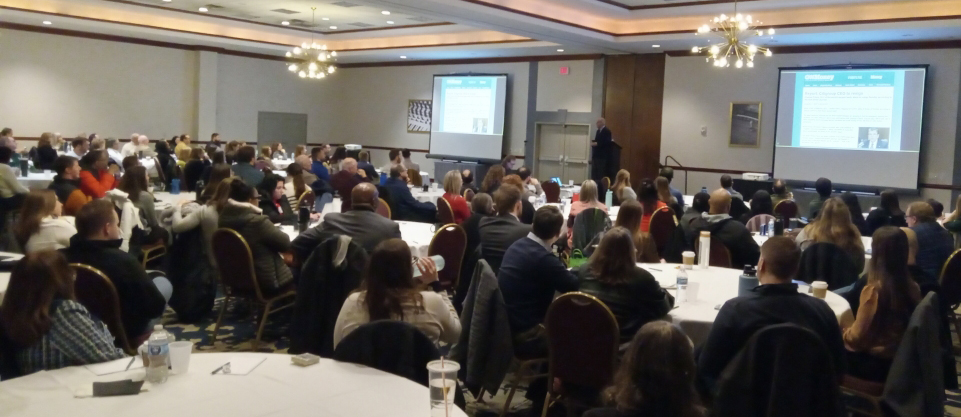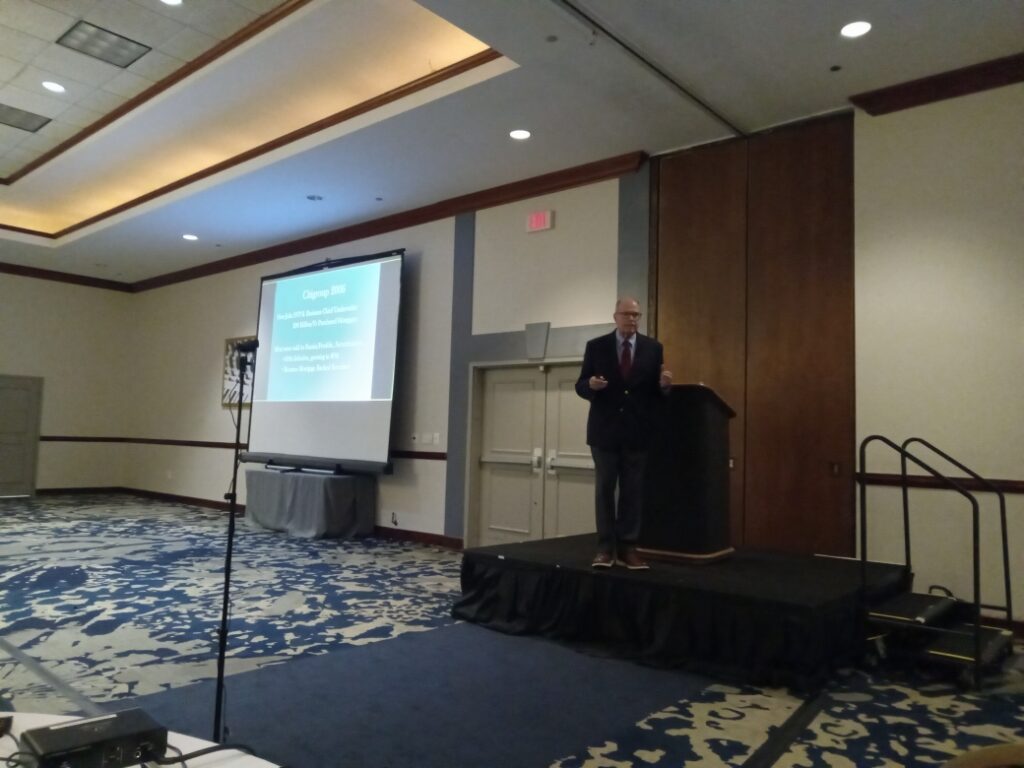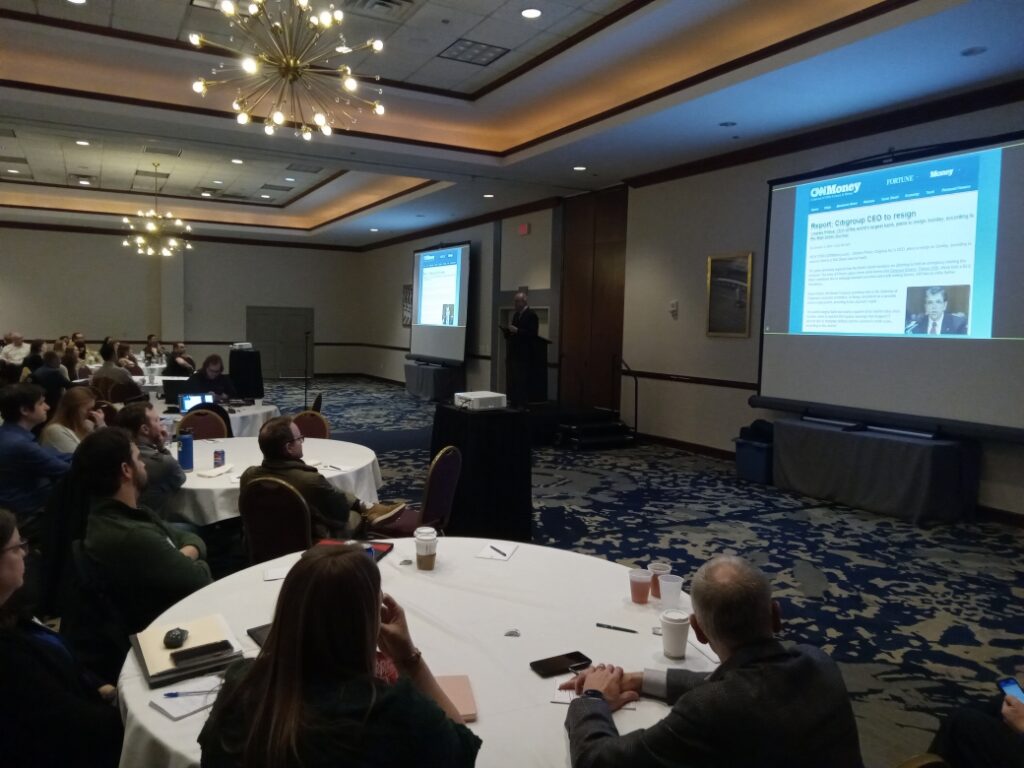
Jumping into 2025 speaking engagements, I delivered a keynote address at the fourth session of the 2025 NEO IIA/ACFE Fraud Day sponsored by the Northeast Ohio chapters of the IIA and ACFE (Institute of Internal Auditors and Association of Certified Fraud Examiners).
I have spoken at many IIA and ACFE events and know that these professional organizations earned worldwide respect for their focus on auditing and fraud detection and deterrence.
I shared with the audience the breakdowns of ethics I had witnessed when Citigroup sold defective mortgages, representing to the purchasers that the mortgages were not defective, with this fraudulent behavior leading to massive losses in mortgage-backed securities which fueled the resulting financial crisis. Numerous whistleblowers from other large banks reported similar issues within their institutions.

We discussed my warning Citigroup management for eighteen months about the potential huge losses and, finally, the company stripping me of my responsibilities and telling me not to come back after I directly warned Robert Rubin, the newly elected Chairman of the Board of Directors.
At the time, I also subsequently witnessed breakdowns of government ethics at the Securities and Exchange Commission, the Financial Crisis Inquiry Commission, and the Department of Justice when those agencies attempted to conceal my evidence and testimony from the American public. This resulted in no high-level banking executives being held criminally liable for the fraudulent conduct leading up to the financial crisis. In contrast, the DOJ successfully prosecuted over 800 high-level banking executives for their fraudulent behavior during the 1980s Banking and S&L Crisis. Imperfect systems exist; however, this accountability lapse dangerously compromises ethical standards at the highest levels.
The day comprised single sessions, so speakers attended each other’s talks. This helps us continue to grow the network of ethical decision makers as well as hear and understand ideas and examples we may not otherwise encounter.

The bulk of discussion happened in person, but the organizers included a virtual option as well, which allowed professionals who needed a required CPE credit to attend from anywhere.
From authors to investigators, this collection of presenters covered all major areas of fraud and fraud prevention. Attendees called my session “eye-opening” and said it was a shame people ignored my warnings. They all said they learned quite a bit from my session, which is why I share my experiences—to encourage people to think about what can happen when you turn a blind eye to the one person sounding an alarm. Ethical behavior doesn’t always happen across a company. Sometimes, more often than should be acceptable, the single ethical employee calling attention to bad actions gets booted from the company for doing what’s right. That doesn’t mean ethics should die out. If anything, it means we should all stand by our ethical codes and enforce them even more strongly when we see disturbing behavior around us.

 Richard Bowen is widely known as the Citigroup whistleblower. As Business Chief Underwriter for Citigroup during the housing bubble financial crisis meltdown, he repeatedly warned Citi executive management and the board about fraudulent behavior within the organization. The company certified poor mortgages as quality mortgages and sold them to Fannie Mae, Freddie Mac and other investors.
Richard Bowen is widely known as the Citigroup whistleblower. As Business Chief Underwriter for Citigroup during the housing bubble financial crisis meltdown, he repeatedly warned Citi executive management and the board about fraudulent behavior within the organization. The company certified poor mortgages as quality mortgages and sold them to Fannie Mae, Freddie Mac and other investors.

